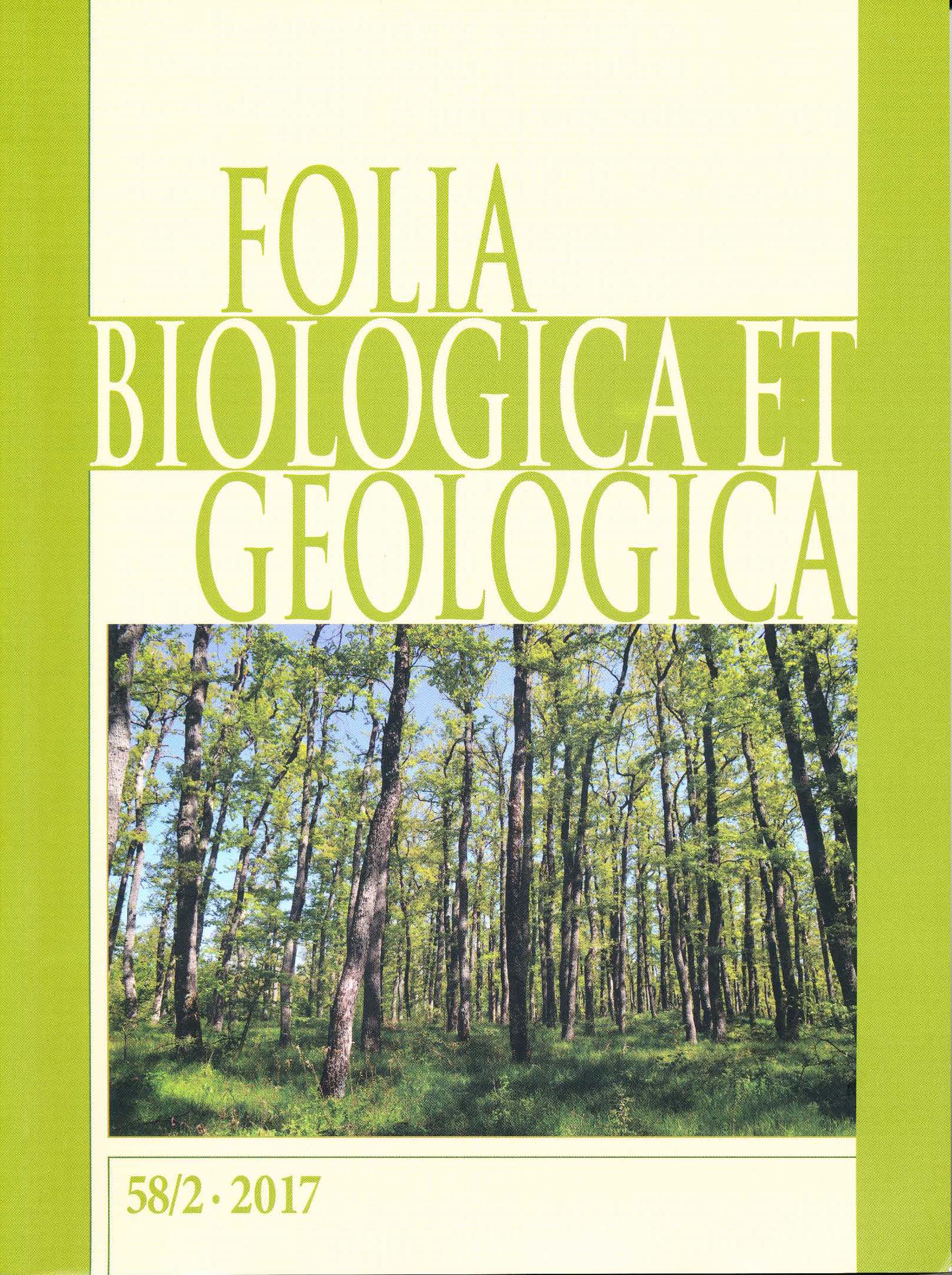Vplivi obremenitev na združbe makrofitov in njihov pomen pri upravljanju z rečnimi ekosistemi / Impacts of stressors on macrophyte communities and their importance in river ecosystem management
DOI:
https://doi.org/10.3986/fbg0028Abstract
Vse večje zavedanje o ekoloških, gospodarskih in družbenih izgubah, ki so posledica antropogenega spreminjanja vodotokov, je povečalo pritiske za njihovo ohranitev in obnovo. S sprejetjem Vodne direktive smo vpeljali koncept ekološkega stanja voda in s tem ekosistemski pristop njihovega vrednotenja, s ciljem trajnostne rabe vodnih ekosistemov. Ekološko stanje, ki odraža kakovost zgradbe in delovanja vodnih ekosistemov, vrednotimo med drugim tudi na podlagi združb makrofitov, ki so pogosto temeljna skupina mnogih rečnih ekosistemov. Posegi, kot so vnos hranil, spreminjanje hidrološkega režima, gradnja pregrad in nasipov, spreminjanje obrežne vegetacije in izravnavanje struge so le nekatere obremenitve, ki lahko pomembno vplivajo na zgradbo in delovanje združb makrofitov v rekah ter posredno tudi na ostale združbe organizmov in delovanje ekosistema kot celote. Namen tega preglednega članka je povzeti ključne izsledke raziskovalcev, ki ugotavljajo povezave med makrofiti in antropogenimi obremenitvami. Znanje o vplivih posameznih obremenitev in vplivu hkratnega delovanja več obremenitev na združbe makrofitov, je namreč eden ključnih pogojev za pripravo učinkovitih ukrepov za izboljšanje ekološkega stanja in trajnostno upravljanje z rečnimi ekosistemi.
Ključne besede: makrofiti, reke, obremenitve, ekološko stanje, vrednotenje, združbe
Growing awareness of the ecological, economic and social losses resulting from anthropogenic modification of rivers has increased pressures for their preservation and restoration. By adopting the Water Framework Directive, we introduced the concept of the ecological status of waters, and the ecosystem approach to their evaluation, with the aim of sustainable use of aquatic ecosystems. Ecological status, which reflects the quality of the structure and functioning of aquatic ecosystems, is also evaluated based on macrophyte communities, which are often a fundamental component of many river ecosystems. Interventions such as nutrient intake, modification of hydrological regimes, dam and dike construction, alteration of riparian vegetation and channel realignment are just some of the pressures, which can significantly affect the structure and functioning of macrophyte communities and indirectly also other organisms as well as ecosystems as a whole. The aim of this review article was to summarize the key findings of studies researching the links between macrophytes and anthropogenic pressures. Knowledge about the effects of pressures and pressure combinations on macrophyte communities, is one of the key requirements for introducing effective measures to improve the ecological status and sustainable management of riverine ecosystems.
Key words: macrophytes, rivers, anthropogenic pressures, ecological status, evaluation, communities
Downloads
Published
Issue
Section
License
Copyright (c) 2017 Folia biologica et geologica

This work is licensed under a Creative Commons Attribution-ShareAlike 4.0 International License.





